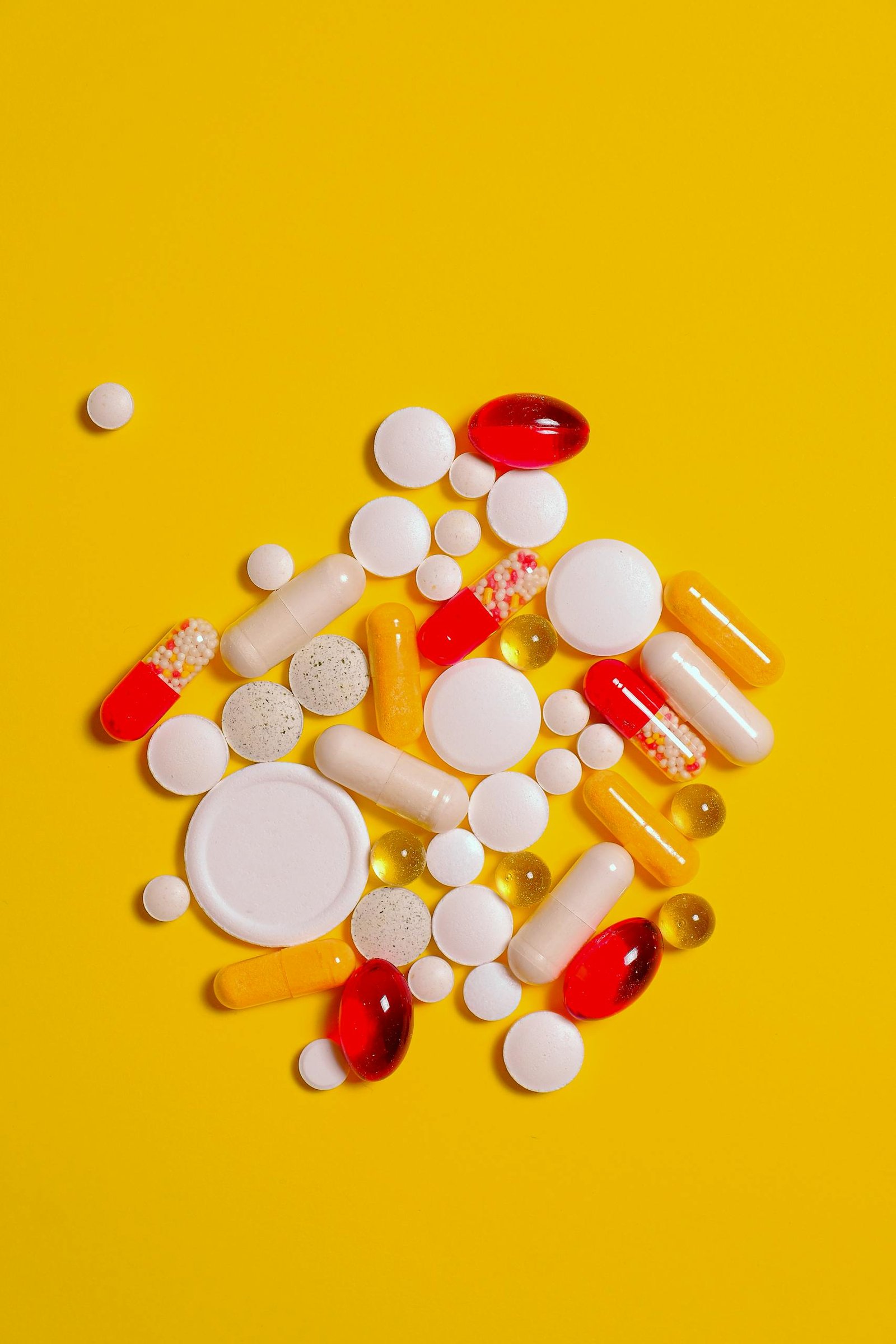Over 1,800 Chemicals Found in our Human Bodies from Everyday Food Packaging: Reduce Your Risk
The Invisible Threat: Plastics and Food Contact Chemicals (FCCs)
Plastics have become an integral part of modern life, but they come with a hidden price. According to recent research, over 1,800 food contact chemicals (FCCs) can migrate from the plastics we use to store, process, and serve food. These FCCs are often not listed on labels, so most consumers have no idea they’re being exposed. What’s worse, many of these chemicals have never been fully tested for their long-term effects on human health.
Studies show that FCCs such as bisphenol A (BPA) and phthalates, which are common in plastic food packaging, can leach into food and disrupt the endocrine system. Your endocrine system controls hormone production, which regulates everything from metabolism to growth and development. Chemicals that interfere with this system are called endocrine-disrupting chemicals (EDCs), and they can lead to hormonal imbalances that affect fertility, metabolism, and even brain development.
The Silent Danger: What’s in Your Food Packaging?
Every day, we come into contact with a wide array of chemicals through food packaging. While some chemicals are known to be hazardous, many others are poorly studied and remain largely unregulated. A recent study in the journal of exposure science & environmental epidemiology found that 1,800 chemicals used in food packaging and related products have been found in human biomonitoring studies. This includes chemicals like:
- PFAS: Also known as “forever chemicals” due to their persistence in the environment and human body. They’re commonly found in food wrappers and can migrate into food, particularly oily or fatty foods.
- Bisphenol A (BPA): Used in plastic containers and the lining of cans, BPA is a notorious endocrine disruptor linked to hormone imbalances, reproductive issues, and an increased risk of certain cancers.
- Phthalates: These chemicals, used to make plastics more flexible, have been found in processed foods and are associated with developmental issues and endocrine disruption.
- Volatile Organic Compounds (VOCs): Found in certain types of plastic food packaging, these chemicals can leach into food, especially when exposed to heat, and are linked to respiratory and immune system harm.
Even more concerning, the study highlights that many of these chemicals, such as synthetic antioxidants and stabilizers used in food packaging ink, have minimal or incomplete toxicological data, meaning their long-term impact on human health remains unknown and many more have not even been tested for toxicity!
How Plastic Food Packaging Affects Your Endocrine System
One of the most troubling effects of these food contact chemicals is their ability to disrupt your endocrine system. This system regulates hormones that control everything from your metabolism and immune function to reproduction and mood. Chemicals like BPA and phthalates mimic or interfere with natural hormone production, leading to endocrine disruption. Over time, this can contribute to:
- Infertility: Both BPA and phthalates are linked to reproductive harm in both men and women, with studies showing reduced sperm quality and fertility issues in women.
- Metabolic Disorders: Exposure to endocrine-disrupting chemicals is connected to obesity and type 2 diabetes due to their interference with hormones that regulate metabolism.
- Thyroid Problems: BPA has been shown to interfere with thyroid hormones, which can lead to fatigue, weight gain, and other metabolic issues.
- Hormone-Related Cancers: Long-term exposure to these chemicals has been linked to an increased risk of breast and prostate cancer.
What Can You Do to Protect Yourself?
While it may seem overwhelming, there are practical steps you can take to reduce your exposure to these harmful chemicals and protect your health.
1. Choose Glass and Stainless Steel Over Plastic
Switching to glass or stainless steel containers for food storage is one of the easiest ways to reduce plastic exposure. These materials are free from harmful chemicals like BPA and phthalates and won’t leach into your food, even when heated.
2. Avoid Heating Food in Plastic
When plastic is heated, it can release harmful chemicals into your food. Always transfer food to glass or ceramic containers before microwaving or reheating. Avoid plastic wrap, and use alternatives like beeswax wraps to cover leftovers.
3. Reduce Processed and Packaged Foods
Processed foods often come in plastic packaging that can increase chemical leaching, especially in fatty or acidic foods. Opt for fresh, whole foods and buy them in bulk using your own containers when possible.
4. Be Mindful of Canned Foods
The lining of most canned foods contains BPA or similar chemicals. Look for brands that specifically advertise BPA-free linings or choose fresh or frozen alternatives.
5. Buy Food in Glass Containers
Whenever possible, choose food products that come in glass containers rather than plastic or cans. This simple change can significantly reduce your exposure to harmful food contact chemicals.
6. Rethink Takeout Containers
When ordering takeout, remove the food from plastic containers and transfer it to a glass or ceramic dish as soon as possible. The longer food sits in plastic, the more chemicals may leach into your meal.
Take Control of Your Health
Reducing your exposure to plastics is a crucial step in protecting your health, particularly when it comes to preserving the delicate balance of your endocrine system. By making simple swaps and being mindful of your food storage choices, you can minimize the risks associated with harmful plastic chemicals like BPA and phthalates.
References
Geueke, B., Parkinson, L.V., Groh, K.J. et al. Evidence for widespread human exposure to food contact chemicals. J Expo Sci Environ Epidemiol (2024). https://doi.org/10.1038/s41370-024-00718-2







